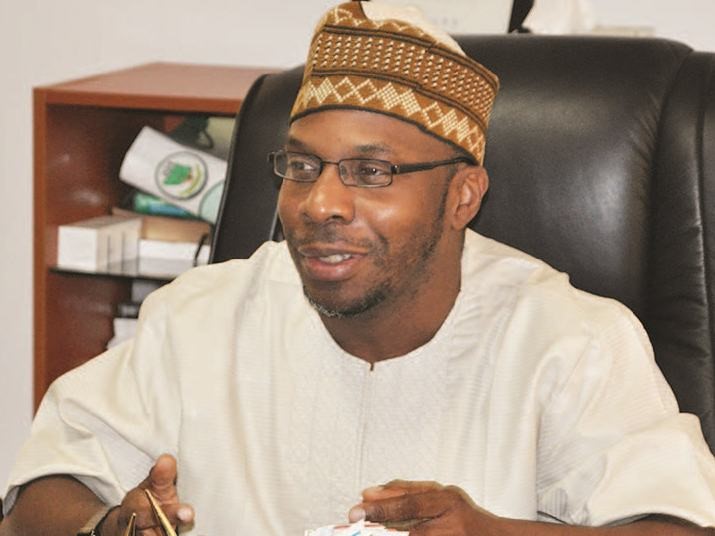The immediate past Statistician General of the Federal (SGF) and Chief Executive Officer of the National Bureau of Statistics (NBS), Dr. Yemi Kale, yesterday gave an account of his stewardship at the agency in the last 10 years.
Kale spoke on Arise News Channel, THISDAY’s broadcast arm.
He explained that when he took over as the NBS helmsman, only scanty data were being published, which was not even significantly used by policymakers, businesses and other data users.
In addition, he stated that then, there was very poor funding, coupled with the fact that the data collection process was archaic.
Kale, who served two terms under both former President Goodluck Jonathan and the current President Muhammadu Buhari’s government, left service after a 10-year double tenure. He said he met a demoralised workforce when he assumed office.
He said, “We had a situation where the staff motivation for doing their work was very low. Some of them had told me that in the past they used to be ashamed to say where they work. But that has changed because they believe that the work that the NBS does today is being given lots of respect.”
While highlighting the support of the supervising ministers of the NBS during his two terms, Kale noted that he was not ready to keep his job by doing the wrong things, especially when they were not supported by data.
He stated, “I didn’t particularly care about any political attacks or any opinions that were not ideal. What I did was to ensure that we followed the correct methodology. Before the report came out I will ensure that things were done properly.
“In terms of political interference, I don’t think it’s is new to Nigeria, I wasn’t fazed by different comments made by different people that did not agree with our work. We are not supposed to publish data that is agreed by anybody.
“We are supposed to publish data that is correct and accurate in line with what comes out on the field and that’s exactly what we focused on. But I think the most important thing was ensuring that my mind was focused on the mandate of the office which was to produce reliable, accurate data.”
Although he said there had been some improvement in funding, which went from a paltry N100 million to about N1 billion over the years, Kale described it as still appalling compared to countries, such as Kenya whose statistical agency had a budget five times larger than Nigeria’s and South Africa, which was almost 20 times larger.
Kale stated that although the NBS had thought about selling data, in his opinion, statistics remained a public good that people should be free to use to evaluate the performance of elected officials.
Generally, he stated that Nigerians liked to take decisions based on gut feeling, adding that there are still a number of policymakers within the system who accept figures, whether it favours them or not.
Responding to a question on the recently released 5.01 per cent Gross Domestic Product (GDP) recorded in the second quarter of 2021, Kale said some reactions to the number were surprising. He explained that it was a base year effect, especially given that economic activities were very low last year.
According to him, “What we are doing is comparing the situation in Nigeria today to the quarter in the previous years. If you check other countries in the world, theirs were even as high as 20 per cent, countries that have never grown by 20 per cent in 20 to 30 years, but because they are compared to a period of the pandemic that’s why had those figures.
“The methodologies we use for GDP are similar to what is used in every country in the world. System of national accounts is what is used to determine GDP growth in every sector and we follow those principles religiously and we use the most updated ones prescribed by the UN commission.”















































